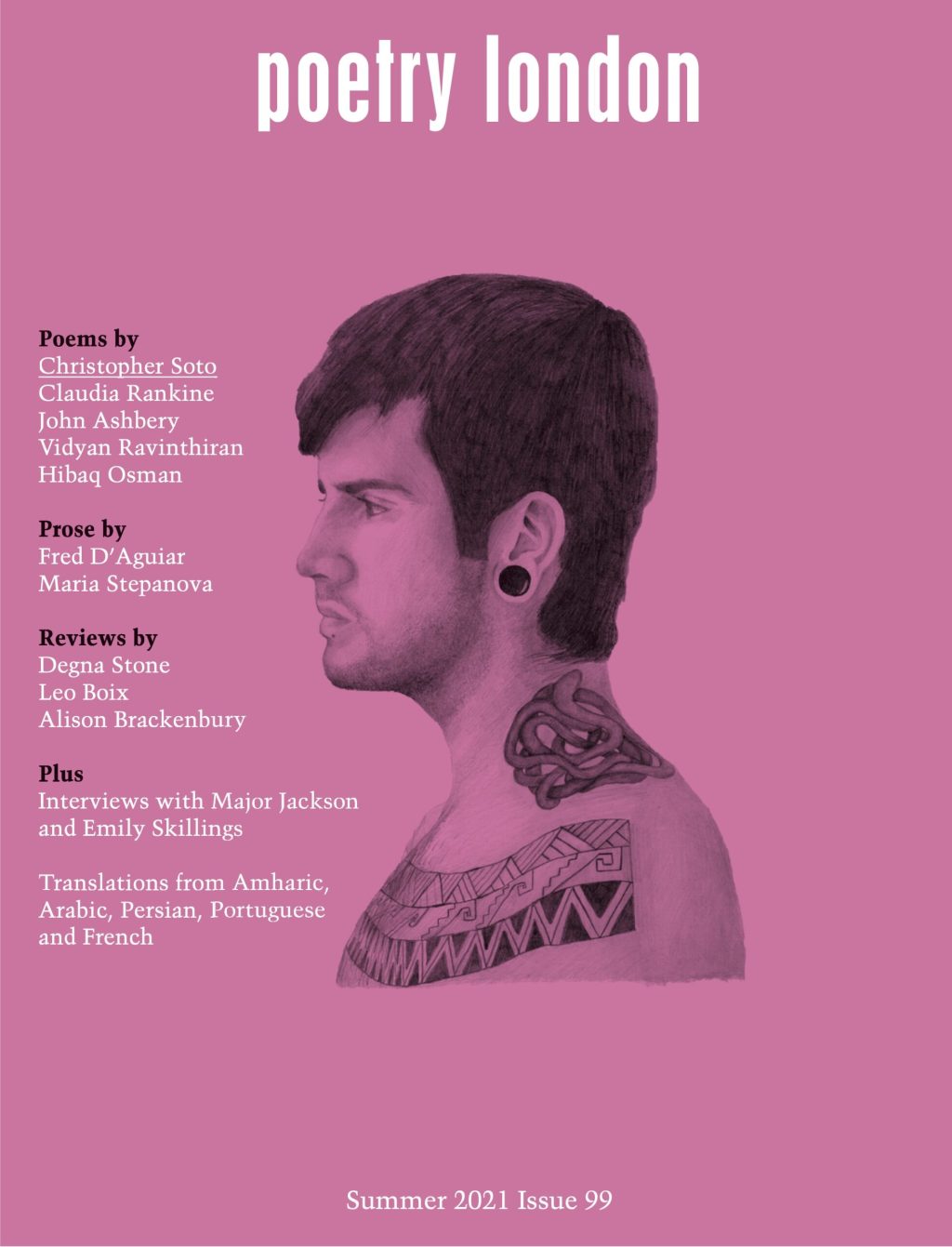Spleen
Nuzhat Bukhari
The native’s muscles are always tensed . . . ready . . . – Frantz Fanon
Almost all her life had been a slow war. Even between sheets with white men, the inborn push of their genes roving over her ‘brown sugar’ body. He called it a ‘multicultural relationship’, at times even love. In truth it was like a double economy, its taxed, documented veneer versus a black cash hinterland. So in Birmingham’s Taj Mahal restaurant, its coffee- skinned waiters, plastic roses, aching sitars with twenty woven strings like sinews tied to bone and muscles; its silent conversation of glances between peoples of colour which clocked & hid another hemisphere of extreme poverty, global exchange rates & illegal transfers. While the whites gossiped of films, Brexit & Tibetan treks. Their backs turned to the rats, a filthy fridge & a closer humanity. This was their fake Asia. The waiter’s stare so bitter he might slip into the kitchen and return with a cleaver to cut their laughter. His father’s father had told him stories which he stored under his tongue or ‘in my own shoes’ as he put it. Of Raj boots and Indian spleens. That ear-shaped organ which fights invading germs. A curt blow to the belly can burst it; pain and a racing heart its symptoms. Think of white violence as white noise, history’s ambient sound. At what calculated moment did killing by one limb of another require taxonomies when its primal name was homicide. The British penal code made the naked foot innocent, the boot held some culpability. Either way the coolie was dead. The mythic fairness & laws of the British a lie. Lieutenants Thompson and Neaves of the First Essex Regiment could shoot an Indian boy dead while hunting in Bangalore, but it was the two villagers who tore the gun from Neaves’ hands who were sent to prison. Think of white violence as a shape-shifting monster, so vast & diffuse & banal it’s shapeless –
from Brilliant Corners (CB Editions, 2021)


